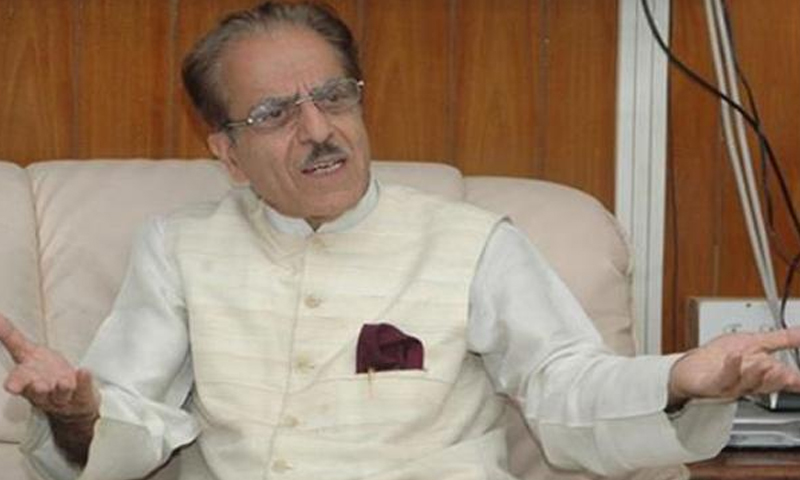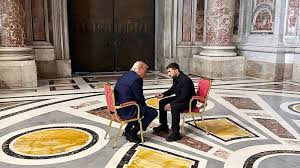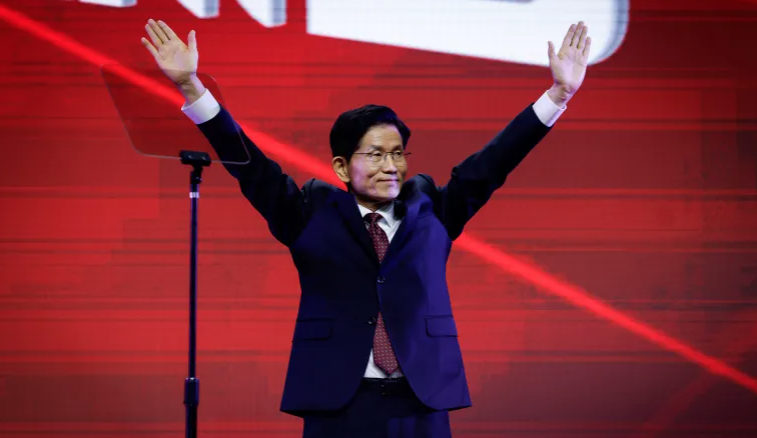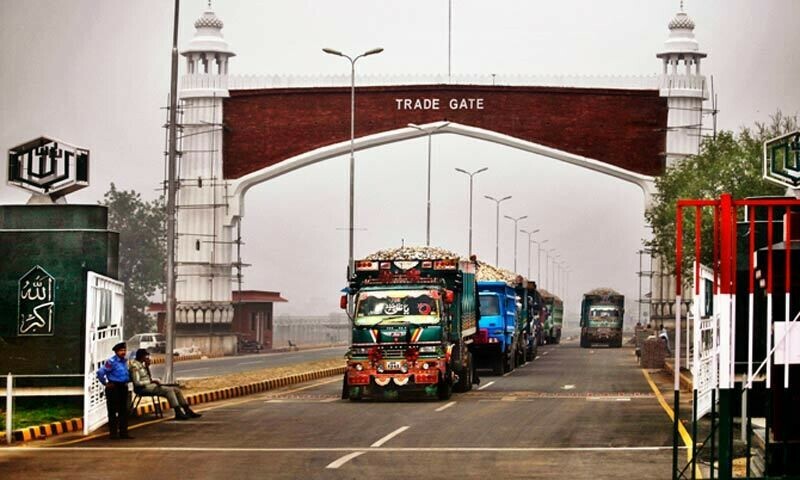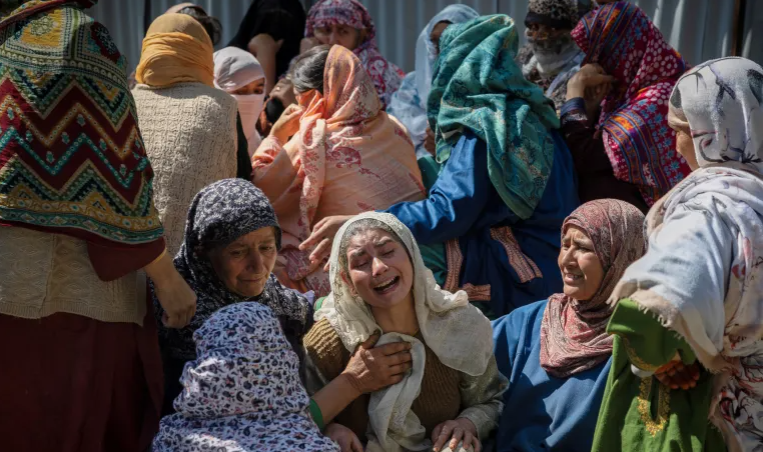WORLD NEWS
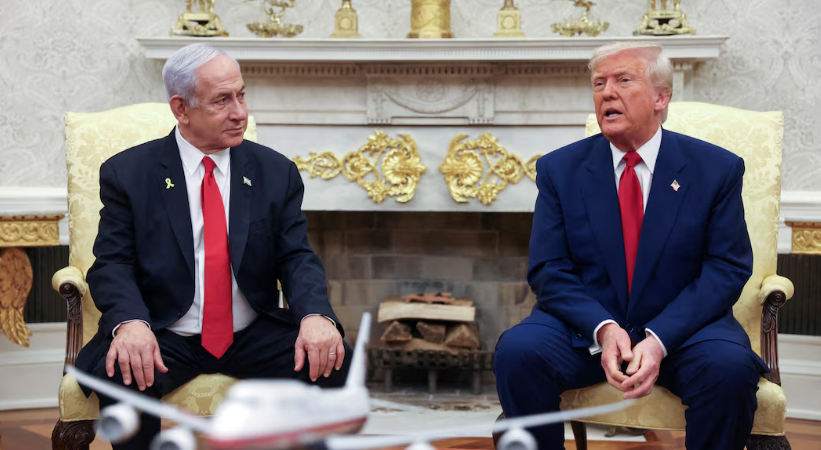
U.S. President Donald Trump blindsided Israeli Prime Minister Benjamin Netanyahu by opening immediate talks with Iran last month. The decision to begin negotiations with the Islamic Republic, announced with little warning, has set the stage for a crucial round of diplomatic talks aimed at preventing Tehran from obtaining nuclear weapons.
The announcement, made in April, came as a shock to Netanyahu, who had flown to Washington seeking U.S. backing for military strikes against Iran's nuclear facilities. Less than 24 hours before a scheduled press event at the White House, Netanyahu was informed that the U.S. was already in discussions with Iran — a move that caught him and Israeli officials off guard.
Despite Israel's concerns over the potential for a military confrontation, Iran's leadership has voiced fears that Netanyahu might strike — deal or no deal. A senior Iranian security official revealed that Tehran is acutely aware of Israel’s long-standing threat to take military action against Iranian nuclear sites.
Progress in U.S.-Iran Talks:
In the three weeks following the surprise announcement, the U.S. and Iran have engaged in three rounds of talks focusing on limiting Tehran's nuclear ambitions, with a fourth round expected to take place in Rome soon. Sources familiar with the talks revealed that discussions are centered around a framework similar to the 2015 Joint Comprehensive Plan of Action (JCPOA), a nuclear deal that President Trump abandoned in 2018.
The emerging deal would extend the duration of Iran’s nuclear restrictions to 25 years, tighten verification processes, and address issues related to sunset clauses — provisions that temporarily halt certain aspects of Iran's nuclear program without completely dismantling it.
Under the proposed terms, Iran would limit its stockpile size of enriched uranium, reduce the number of advanced centrifuges in use, and subject its facilities to unprecedented scrutiny by the International Atomic Energy Agency (IAEA). In return, Iran would receive substantial sanctions relief.
Key Points of Discussion:
Key issues that have emerged during the talks include Iran’s capacity for uranium enrichment, which the U.S. and Israel insist must stop entirely. Netanyahu has demanded “zero enrichment” from Iran, even proposing a Libya-style deal that would dismantle Iran’s nuclear infrastructure completely.
However, Iran has maintained that its right to enrich uranium is non-negotiable. The ongoing talks have focused on limiting the size of Iran’s uranium stockpile, capping enrichment at 3.67%, and ensuring that Iran does not produce highly enriched uranium. Iran is also open to granting expanded IAEA access to its nuclear facilities.
The negotiations have become a delicate balancing act, with the U.S. seeking a deal that is tougher than the JCPOA and guarantees that Iran will not be able to produce nuclear weapons. Dennis Ross, a former U.S. negotiator, emphasized that any deal must achieve a permanent reduction in Iran’s nuclear capabilities, ensuring that developing a nuclear bomb would not be a viable option.
The Ballistic Missile Dilemma:
Another contentious issue is Iran's ballistic missile program. While the U.S. and Israel have pushed for the missile program to be included in the talks, Iran has rejected these discussions, insisting that its missiles are a critical component of its self-defense. Tehran has indicated that it is willing to make concessions, such as avoiding the development of missiles capable of carrying nuclear warheads.
However, Washington remains insistent that the missile program must be addressed as part of any comprehensive agreement.
The Strategic Landscape:
As the talks progress, Israeli officials have voiced concerns over the possibility of the U.S. reaching a deal that may not go far enough to limit Iran’s nuclear infrastructure. Israel is also worried that the new agreement could fall short of addressing the missile threat or cutting Iran’s enrichment capabilities sufficiently.
Despite these concerns, some analysts argue that Tehran may be willing to accept a compromise that would allow minimal enrichment with a limited number of centrifuges while agreeing to export or dilute excess uranium. In return, Iran is reportedly seeking guarantees that President Trump would not abandon the nuclear agreement once again.
Regional Impact and Military Calculations:
Netanyahu is closely watching the situation, with some Israeli officials viewing the talks as a historic opportunity to address Iran’s nuclear threat. Recent Israeli military campaigns have significantly weakened Iran's air defense systems and Hezbollah’s missile stockpile, leading some to believe that a military strike on Iranian nuclear sites is within reach.
Despite the growing tensions, the U.S. has expressed strong opposition to a military strike, citing concerns from Gulf Arab states and the international community about the potential fallout from such an action.
To bolster its presence in the region, the U.S. military has reinforced its assets, deploying B-2 bombers and air defense systems to strategic locations. However, former U.S. diplomats like Alan Eyre argue that while a military strike could delay Iran’s nuclear progress, it would not be a permanent solution — as Iran has already mastered the technology required for uranium enrichment.
